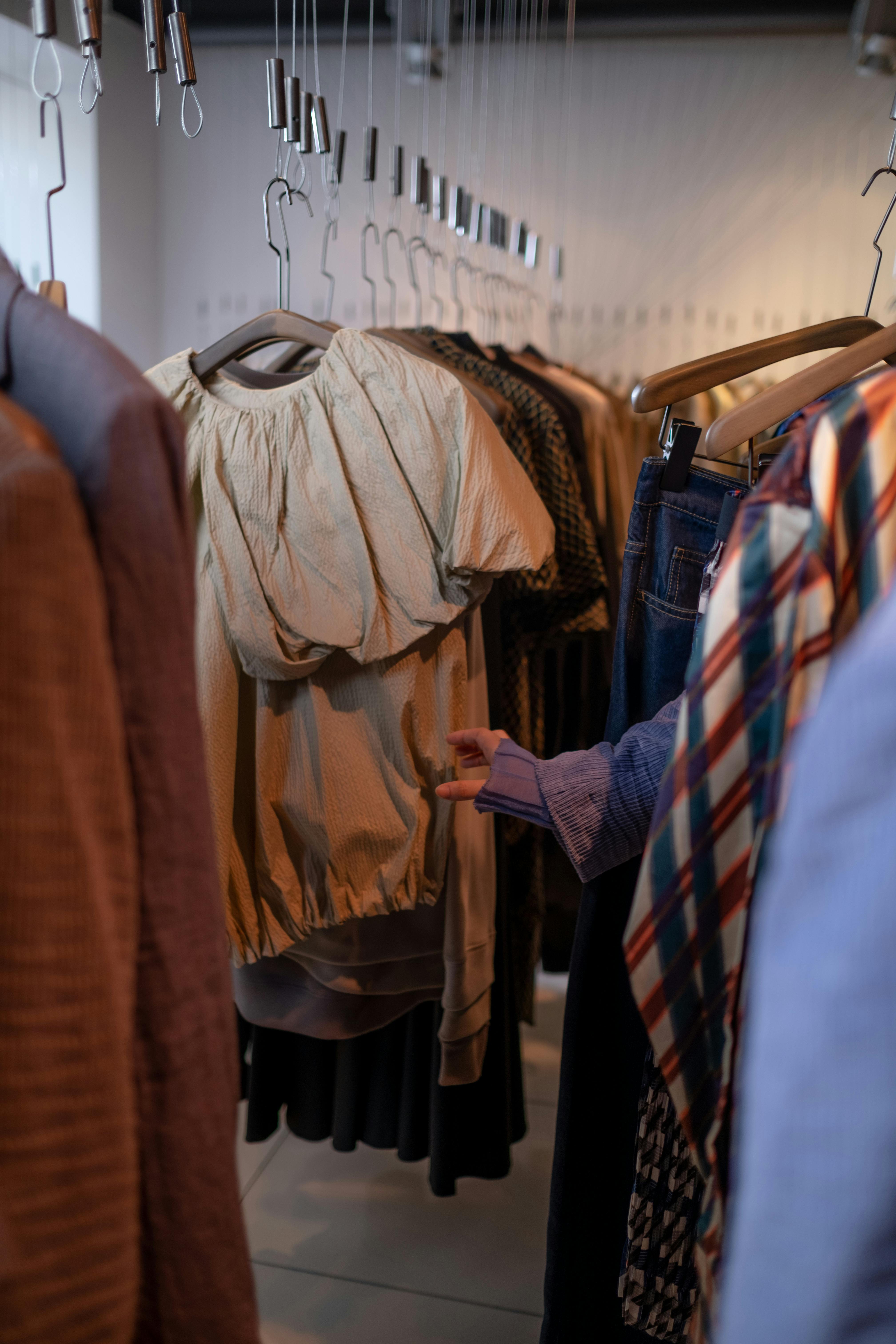The fashion industry's commitment to sustainability is often overshadowed by accusations of greenwashing—making misleading or unsubstantiated claims about environmental friendliness. A recent report from Fashion Takes Action highlights the urgent need for clearer regulations and standardized practices to combat this deceptive marketing tactic and promote genuine sustainability.
Understanding the Scale of Fashion's Greenwashing Problem
The Fashion Takes Action report reveals a widespread issue of vague and unsubstantiated environmental claims by fashion brands. Many brands use ambiguous language or lack concrete evidence to back up their sustainability promises. This lack of transparency misleads consumers who are increasingly seeking eco-friendly options. The report underscores the need for a standardized and transparent system of verification to prevent brands from making deceptive green claims.
The Urgent Need for Clearer Regulations and Standards
The report strongly advocates for stricter regulations and standardized certifications to hold brands accountable. This could involve mandatory disclosure of supply chain practices, transparent labeling requirements, and penalties for false or misleading claims. Without clear guidelines and enforcement, consumers remain vulnerable to greenwashing and the industry's progress toward genuine sustainability remains hindered.
What Consumers Can Do and the Future of Sustainable Fashion
Consumers play a crucial role in combating greenwashing. By being more discerning about the claims brands make, demanding transparency and evidence, and supporting brands with verified sustainable practices, consumers can drive positive change. The future of sustainable fashion hinges on collaboration between brands, regulators, and consumers to create a more transparent and ethical industry. This includes greater accountability, robust certification schemes, and a cultural shift towards valuing genuine environmental responsibility over marketing hype.






